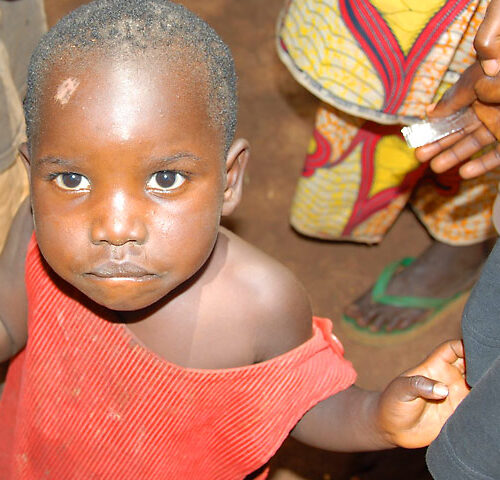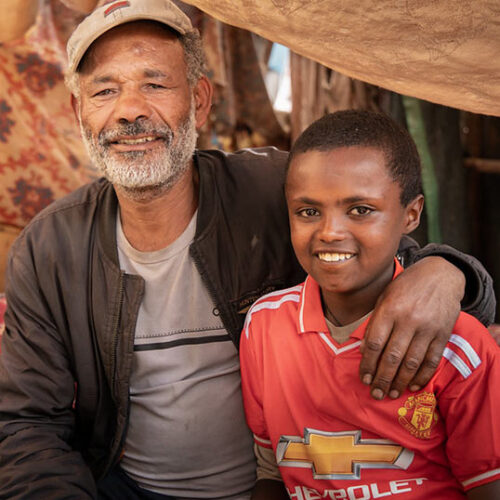How Our Medical Missions Began
Meet Fletch Wilson
It’s hard to determine what will change the direction of a life, but often, it’s another life. For Dr. Fletcher Wilson, an obstetrician/gynecologist based in New Hampshire, it was his daughter Laramie, who was adopted through Wide Horizons For Children in Ethiopia in 2006. “While we were there I asked Dr. Tsegaye Berhe, who was the head of Wide Horizons For Children in Ethiopia at the time, if there was anything, as a doctor, that I could do.”
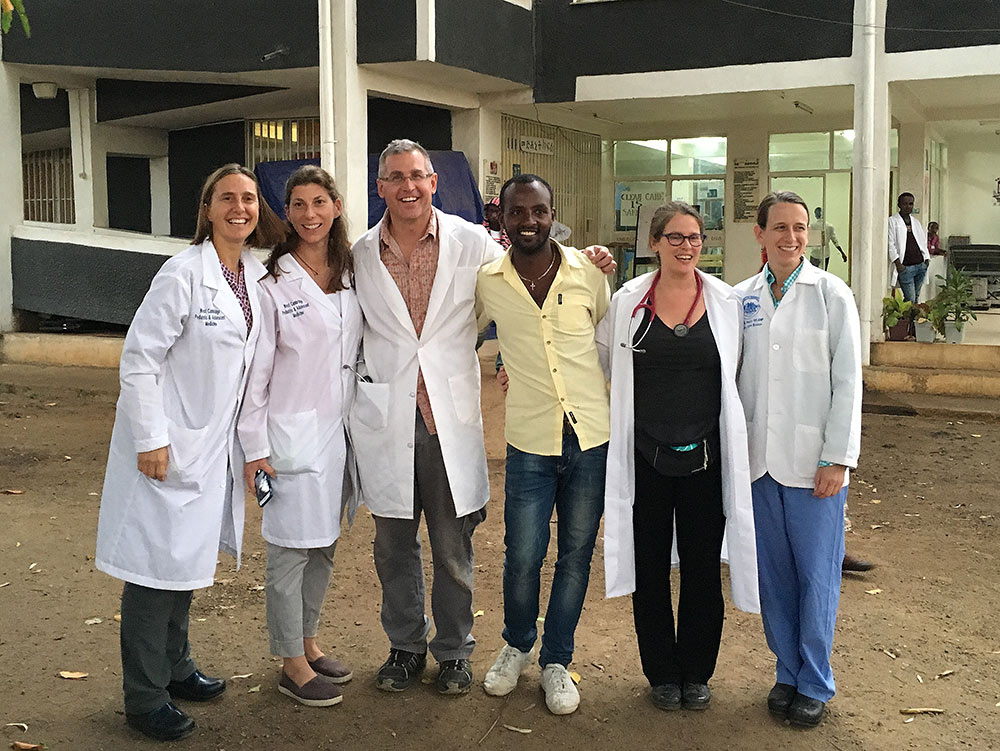
At the same time, Wide Horizons’ CEO Janice Hoffman was working to strengthen the organization’s public health programming, recognizing that access to healthcare, particularly maternal care, was crucial to a vulnerable family’s stability.
Dr. Wilson recently reflected on an early conversation he and Janice had, which moved WHFC towards their shared goal: “Janice said that Wide Horizons was really trying to get medical programming going in Ethiopia and we were able to assess the needs and help WHFC come up with a plan to meet those needs.”
It was the perfect coming together of goals that placed Dr. Wilson at the center of this emerging work.
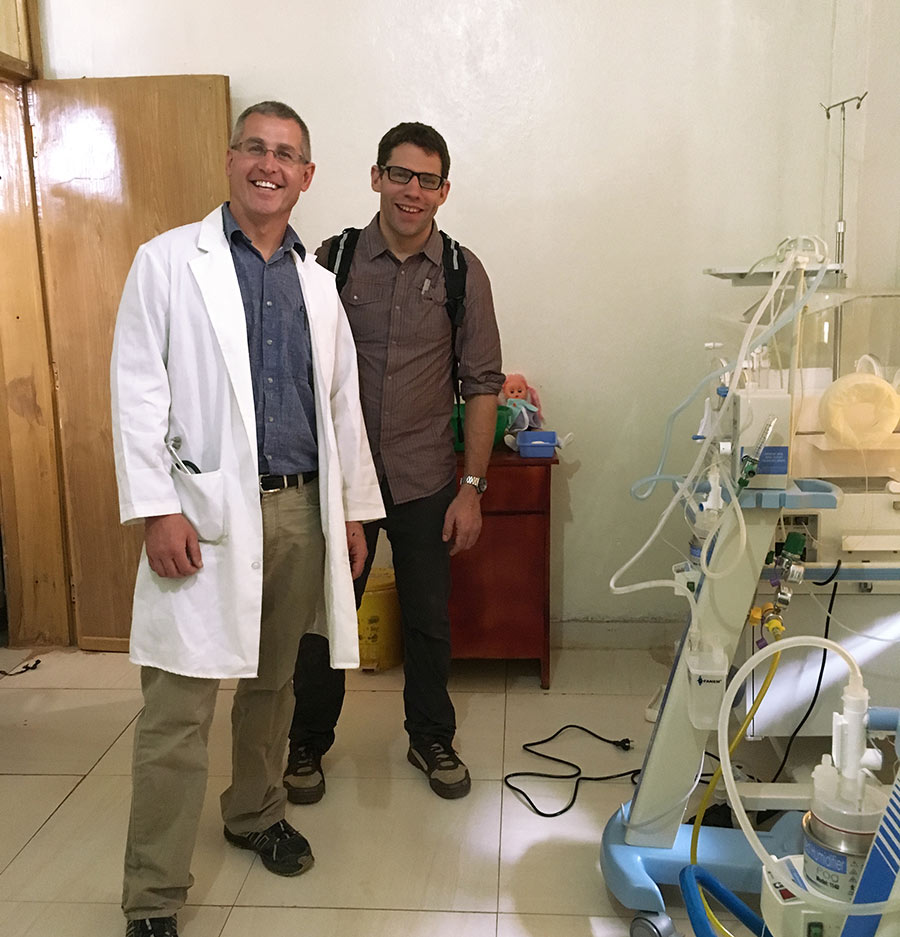
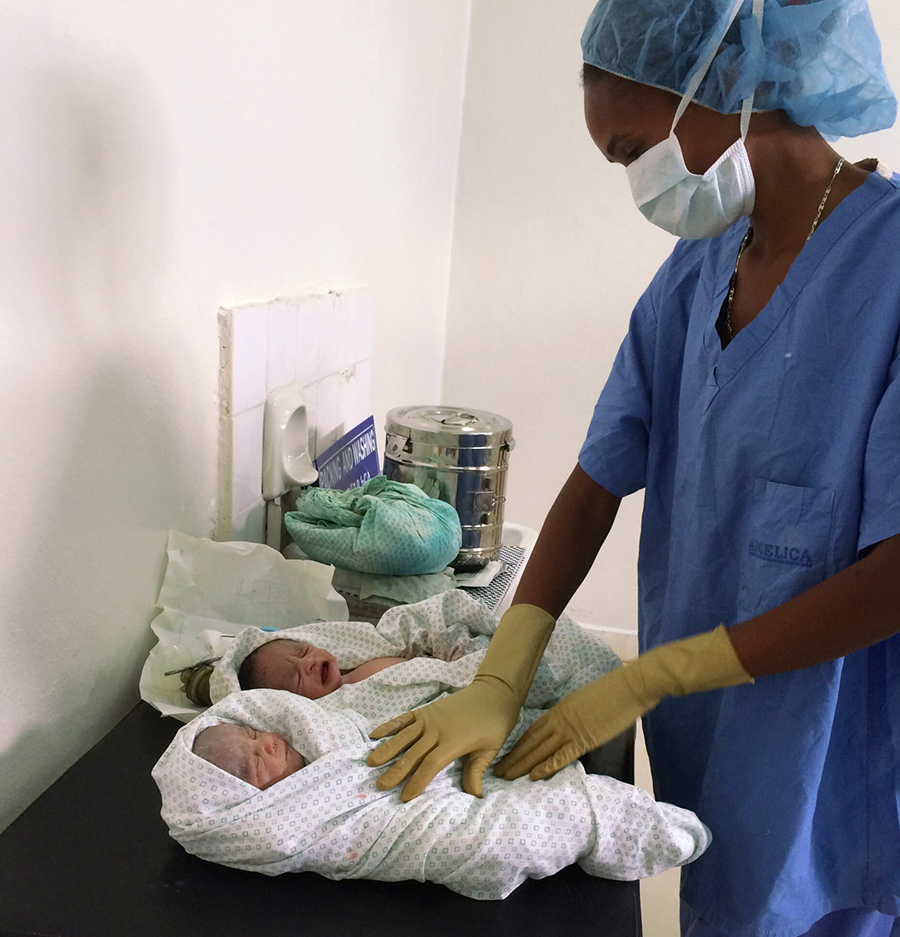
In 2008, Dr. Wilson along with his colleague and fellow adoptive dad, Dr. Stephen Coffman, traveled to Ethiopia. Following their visit, they confirmed that building a hospital in Leku, a town in the southern part of the country, would be a key element to WHFC’s success. The remote area was so lacking in medical facilities that heavily-pregnant mothers routinely walked 20 miles to access care. For many, if they were unable to reach a facility, they were at high risk of dying during childbirth, which was heartbreakingly common at the time. The Leku hospital opened in 2012 and fundamentally changed the region. “We also went north to Tigray,” Dr. Wilson explained, “where we did a ton of work at a hospital with an existing structure. We had many mission trips there.”
The work was challenging as well as rewarding. “The pathology is so extreme in what these people just deal with in their daily lives, so even affecting a few people on a mission trip is incredible.”
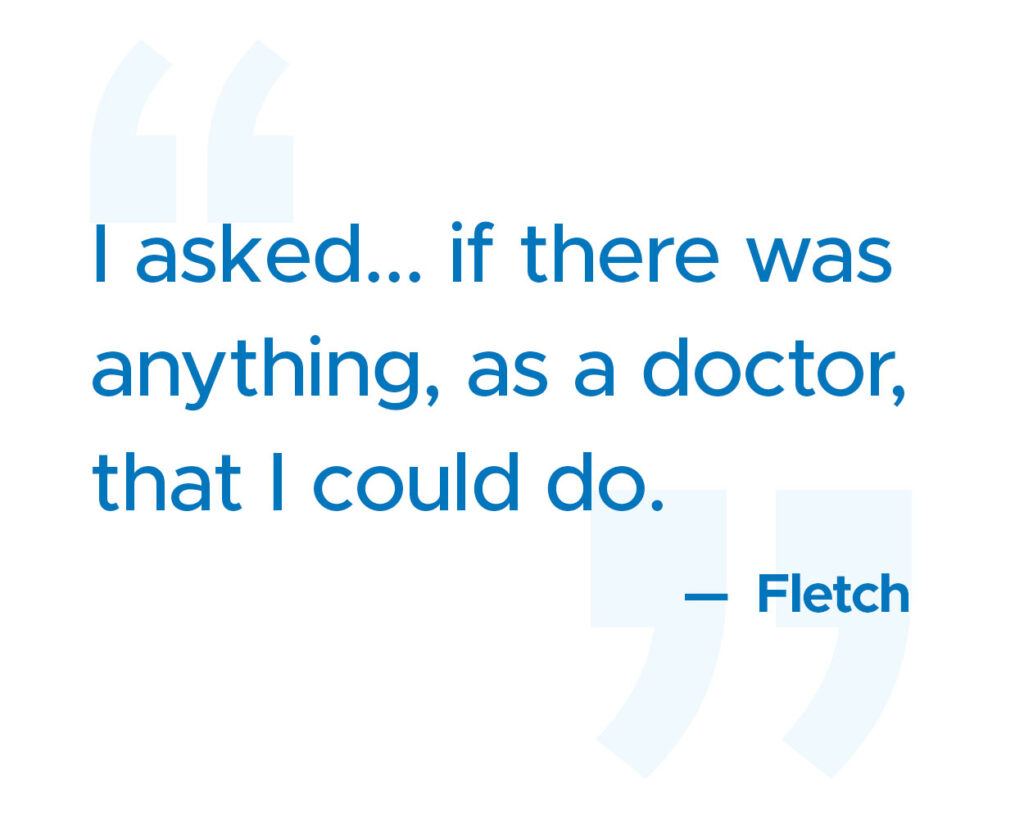
As an experienced ob/gyn Dr. Wilson worked tirelessly to improve fetal and maternal survival rates along with treating myriad other clinical issues while in Ethiopia. “We were teaching lay midwives how to give medication to prevent postpartum hemorrhaging,” he explained. “And that,” he emphasized, “was really incredible.”
When asked what he sees for the future of Medical Missions, and if there’s still a need, Dr. Wilson answers without hesitation. “The need is more than ever. Our hospitals were right in the thick of the civil war so I’m sure all of our equipment has been vandalized but we’re probably back to levels of when we first started. A lot will depend on how peaceful Ethiopia can stay. That’s the biggest variable about the future.” And without pause, he added, “I do hope to participate again.”
To read more about how Medical Missions save lives, click here.


